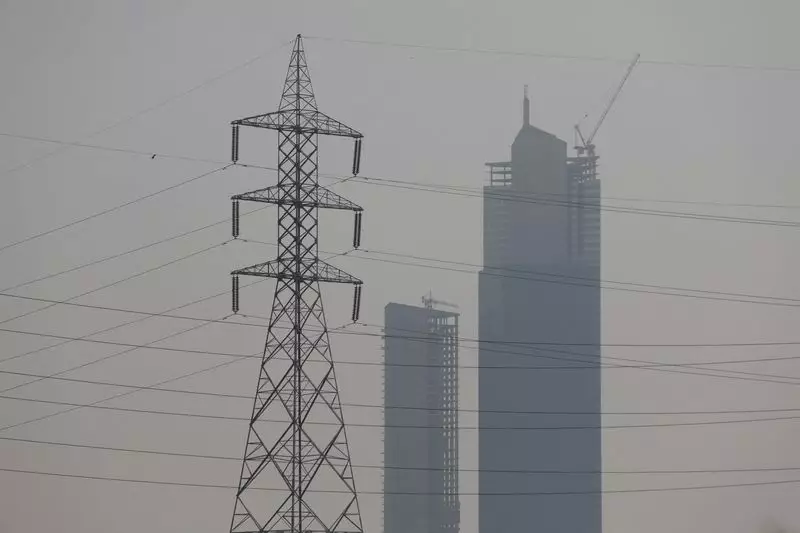In a transformative shake-up aimed at revitalizing economic activity, Pakistan’s power ministry has announced a strategic plan to decrease electricity tariffs during the winter months. This initiative comes amidst an array of challenges faced by local businesses and citizens as they grapple with surging energy costs exacerbated by reforms advocated by the International Monetary Fund (IMF). Power Minister Awais Leghari articulated that the intention behind this maneuver is not merely to alleviate financial strain but also to redirect consumer behavior towards increased electricity use, thereby reducing dependence on costly natural gas for heating.
Implications for Industries and Consumers
The impending tariff reduction, set to be piloted from December 2024 to February 2025, is anticipated to deliver significant economic relief. Powell Minister Leghari emphasizes that households and industries have faced relentless price hikes, leading to a substantial rise in operational costs. By lowering tariffs, the government aims to foster an environment that attracts higher consumption, particularly during the winter when energy demand typically wanes. This restoration of demand could help stabilize utility companies, some of which have drastically decreased operations during colder months due to diminished energy needs.
Consumption statistics reveal a troubling trend, with power usage in Pakistan declining by 8-10% year-over-year over recent quarters. Such a drop indicates not only the need for remedial measures but also the potential for opportunities for growth amid adversity. With projections indicating a potential average annual demand increase of 2.8% over the following decade, it becomes clear that fostering consumer confidence in electricity usage is paramount. The minister’s perspective that reducing tariffs could bolster industrial electricity costs by 7-8% reflects hopes for both immediate relief and long-term structural change.
Beyond the immediate context of tariff reduction lies a broader undertaking aimed at energy sector reform. Minister Leghari disclosed that the government is actively engaged in talks to rationalize power tariffs, restructure power sector debt, and revisit tax implications embedded within electricity invoices. This holistic approach is crucial as Pakistan grapples with pollution issues stemming from combustion-based energy use. By fostering discussions on tax reduction for cleaner energy initiatives, the government envisions a dual focus: stimulating economic growth through innovative energy solutions while addressing critical environmental challenges.
While the initiative to reduce electricity tariffs during winter signals a proactive measure aimed at getting the economy back on track, the government’s ability to execute this plan effectively will be pivotal in determining its success. Investments in clean energy and efforts to reduce reliance on natural gas display a commitment to long-term sustainability. As Pakistan navigates through these complexities, a cautious optimism prevails that this multi-faceted strategy may not only revive consumption but also lead to a more sustainable energy future, ultimately benefiting the economy, the environment, and its people.

